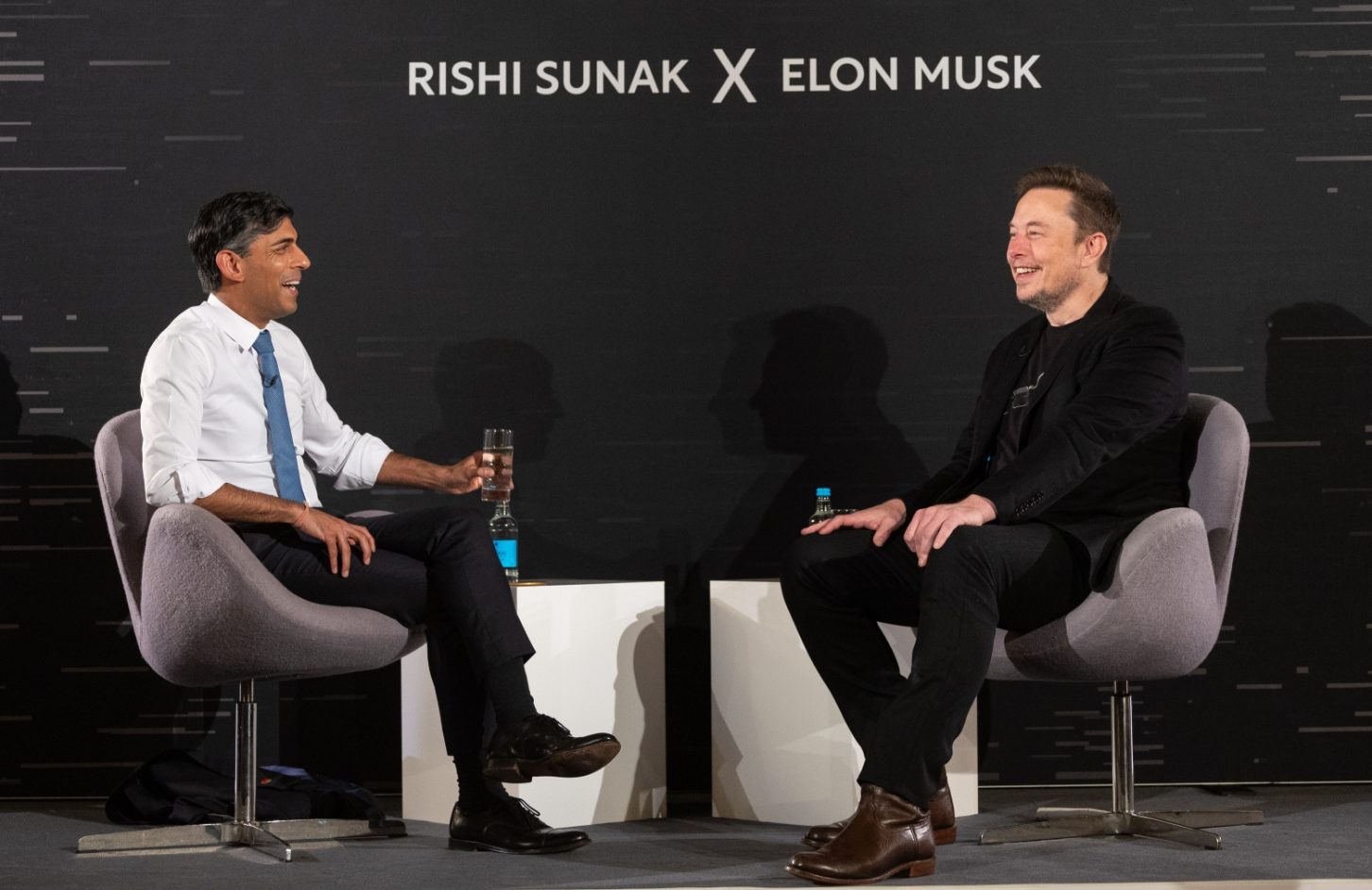What has the AI Safety Summit achieved? Let’s be honest it’s all hollow words and no action. All I see is dither and contradiction. Basically, it’s the worst possible outcome as far as I can see for both the UK technology sector and the progression of safe and secure artificial intelligence for the foreseeable future.
Having listened to the radio throughout the week, I’ve heard people saying that “we should address the near-term issues and that the focus on long-term risks is wrong”.
I personally would go further and say that we should directly act to mitigate the current harms and to create clarity so that actual work can be done within a clear framework of rules.
The current position is both actively harming normal citizens and allowing an unfair distribution of power to develop, whilst at the same time damaging our economic prospects by creating further doubt and uncertainty....

